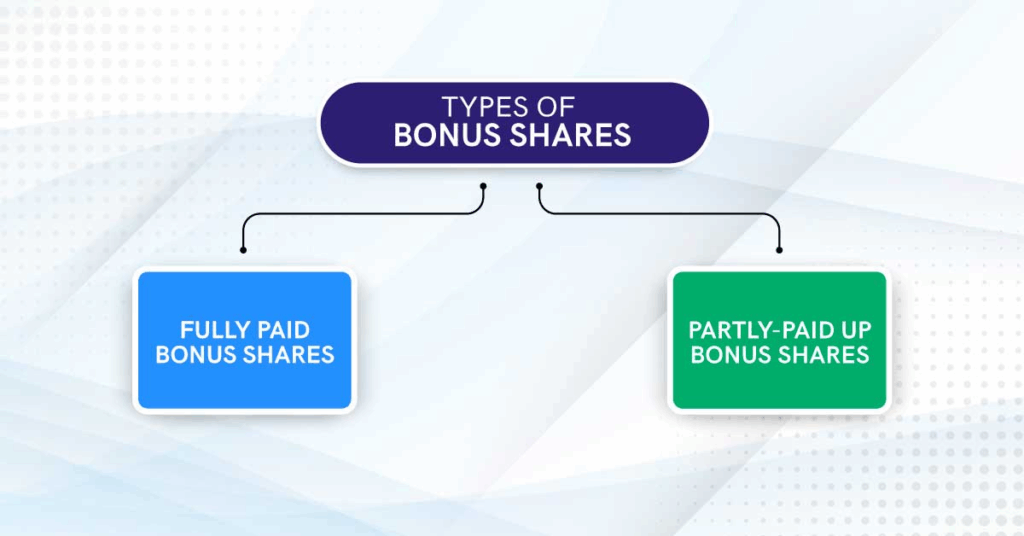Godfrey Phillips: Deadline Nears for 2:1 Bonus Share Eligibility
Godfrey Phillips India Ltd (GPI), one of India’s leading FMCG companies, has announced an exciting 2:1 bonus share issue for its shareholders. This means that for every one share a shareholder owns, they will receive two additional shares for free. The company has set a deadline for eligibility, and it is quickly approaching. If we hold shares in GPI, we need to act before this date to ensure we don’t miss out.
Bonus shares are more than just free stock. They show the company’s confidence in its future growth. They also increase liquidity in the market and give shareholders a larger stake without additional investment. Investors often see this as a positive signal, which can boost market sentiment.
Let’s break down what this 2:1 bonus means for shareholders, how to check eligibility, and the potential impact on the stock and our portfolios.
About Bonus Shares
A company issues bonus shares to its existing shareholders at no cost. In a specific ratio, such as 2:1, shareholders receive two new shares for every one share they already own. This practice is common among companies with accumulated profits but limited investment opportunities. Instead of paying cash dividends, they distribute profits in the form of bonus shares, effectively capitalizing a portion of their reserves.

The issuance of bonus shares does not change the overall value of a shareholder’s investment. While the number of shares increases, the price per share typically adjusts accordingly. For instance, if a shareholder owns 100 shares worth ₹1,000 each, after a 2:1 bonus issue, they would own 300 shares worth ₹500 each. The total investment value remains the same, but the number of shares has tripled, enhancing liquidity and making the stock more accessible to a broader range of investors.
Details of the 2:1 Bonus Issue
Godfrey Phillips India Ltd has announced a 2:1 bonus share issue, meaning shareholders will receive two additional shares for every one share held. The record date to determine eligibility for the bonus shares is set for September 16, 2025. Shareholders must own the shares on or before this date to qualify for the bonus issue.
The company plans to issue a total of 10,39,87,840 bonus shares, which will increase the total number of shares from 5,19,93,920 to 15,59,81,760. This move should boost liquidity in the market and make the shares more attractive to investors. The company will credit bonus shares to eligible shareholders’ demat accounts within two trading days from the record date.
Eligibility Criteria for Shareholders
Shareholders must meet the following criteria to be eligible for the 2:1 bonus share issue:
- Ownership: Shareholders must be registered on the company’s books as of the record date, September 16, 2025.
- Shareholding: Shares must be held in dematerialized (demat) form. Physical share certificates are not eligible for the bonus issue.
- Fully Paid-Up Shares: Only fully paid-up shares are eligible. Partly paid shares do not qualify for bonus issues.
- Ex-Date Consideration: Investors who purchase shares on or after the ex-date (September 16, 2025) will not be eligible for the bonus shares.
It’s crucial for investors to ensure their shares are in demat form and that they are registered on the company’s books by the record date to qualify for the bonus issue.
Impact on Investors and Market
The announcement of a 2:1 bonus share issue can affect both investors and the market in several ways. When new shares are added, trading volumes usually rise, which increases liquidity. After the bonus, the price per share becomes lower, making it more attractive for small or retail investors.
Investors often see bonus issues as a sign that the company is confident about its future, which can improve market sentiment. The stock price usually adjusts down to reflect the higher number of shares, but the total value of an investor’s holdings stays the same right after the bonus. Understanding these effects can help investors plan better and make smarter decisions about their shares.
Tax Implications and Financial Considerations
Receiving bonus shares comes with some tax rules that investors should know. Bonus shares are not taxed when they are given because they are free. However, if you sell them later, capital gains tax applies. The holding period for long-term or short-term gains starts from the allotment date. The cost of acquisition for bonus shares is treated as zero, so the full sale amount may be taxed. It is a good idea to talk to a tax expert to understand how these rules affect your personal situation.
How to Claim or Track Bonus Shares?
Eligible shareholders will have their bonus shares credited to their demat accounts within two trading days from the record date. To track the status:
- Demat Account: Log in to your demat account to check the credit of bonus shares.
- Company Registrar: Contact the company’s registrar for any discrepancies or issues.
- Brokerage Platform: Use your brokerage platform to monitor the status of the bonus share credit.
It’s advisable to keep records of all communications and transactions related to the bonus issue for future reference.
Bottom Line
The 2:1 bonus share issue by Godfrey Phillips India Ltd is a significant event for shareholders. It offers an opportunity to increase shareholding without additional investment and reflects the company’s strong financial position. Shareholders should ensure they meet the eligibility criteria and understand the implications of the bonus issue to make informed decisions. By staying informed and proactive, investors can maximize the benefits of this corporate action.
Frequently Asked Questions (FAQs)
Yes, Godfrey Phillips India Ltd has announced a 2:1 bonus share issue. Shareholders will receive two additional shares for every one share held.
The company will credit bonus shares to the eligible shareholders’ demat accounts within two months from the record date.
The record date for the bonus issue is set for September 16, 2025. Shareholders must be registered by this date to qualify.
A 2:1 bonus share means shareholders receive two new shares for every one share held. This increases the total number of shares without additional investment.
Disclaimer:
The above information is based on current market data, which is subject to change, and does not constitute financial advice. Always do your research.






